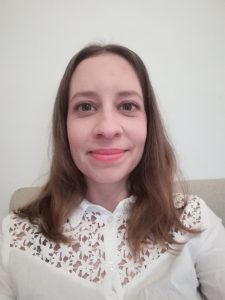
We are delighted have Amelia Allsop as our guest writer this week. The Research Manager of the Hong Kong Heritage Project 香港社會發展回顧項目, Amelia is doing her PhD at King’s College, London. Here she tells us her way into Hong Kong …
20/04/18We are delighted have Amelia Allsop as our guest writer this week. The Research Manager of the Hong Kong Heritage Project 香港社會發展回顧項目, Amelia is doing her PhD at King’s College, London. Here she tells us her way into Hong Kong …
20/04/18